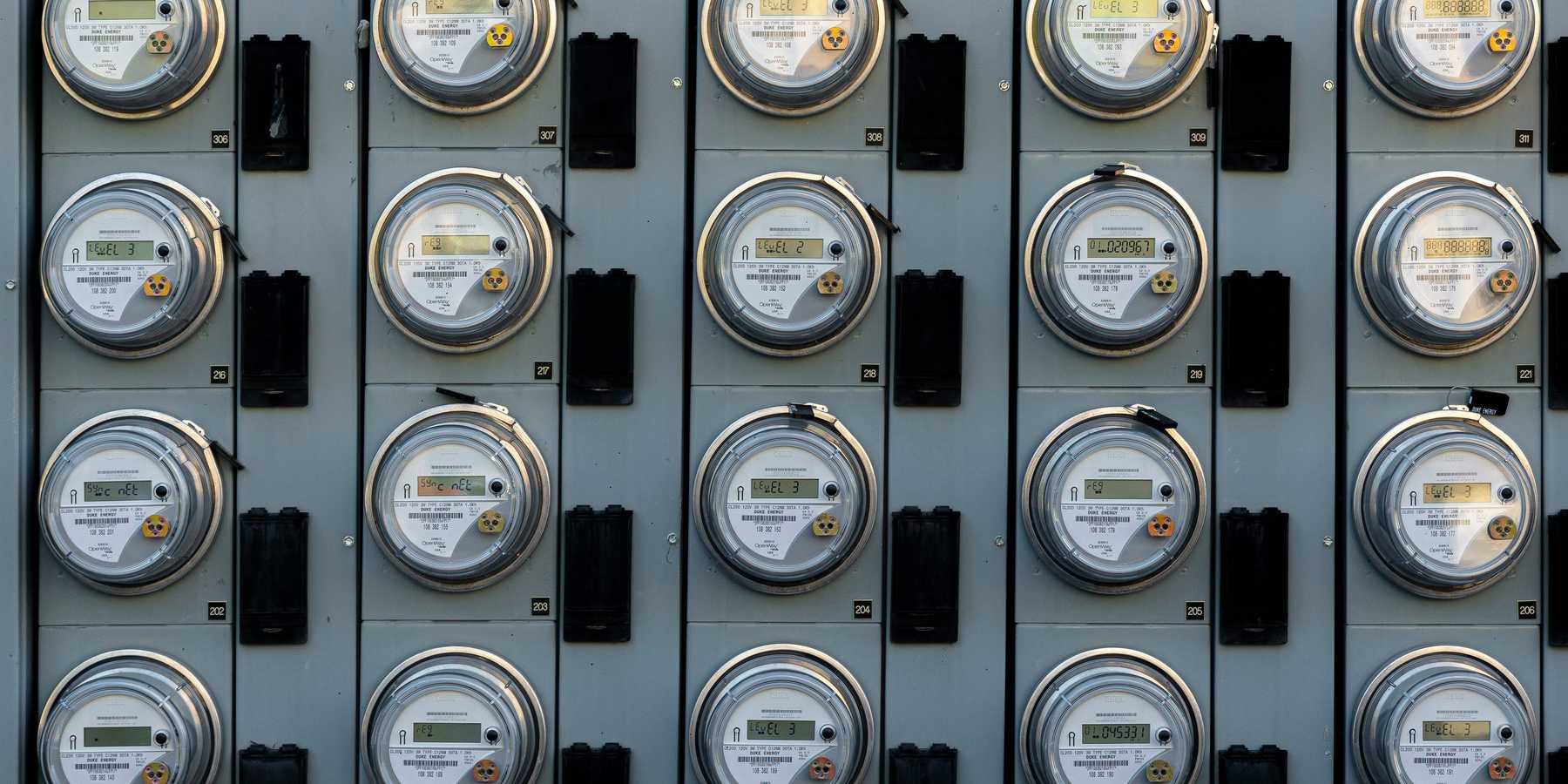
Trump’s energy orders could cost U.S. utility customers billions each year
The Department of Energy’s controversial move to keep aging fossil-fuel power plants running under emergency orders could cost Americans up to $6 billion annually by 2028, according to a new analysis.
Jeff St. John reports for Canary Media.
In short:
- A report by Grid Strategies, commissioned by four environmental groups, finds that keeping nearly 35 gigawatts of retiring coal, oil, and gas plants online through 2028 could saddle ratepayers with up to $5.9 billion in added costs per year.
- President Trump’s April executive order expanded the DOE’s use of Section 202(c) emergency powers, bypassing state and federal regulators to halt planned closures of aging plants in states like Michigan and Pennsylvania.
- Critics argue the DOE manipulated blackout risk data and warn that continued intervention could distort energy markets, delay clean energy investments, and create incentives for plant owners to seek subsidies.
Key quote:
“We can’t go forward pushing an ideological agenda, or choosing preferred resources that the market has dictated can’t compete anymore.”
— Michael Lenoff, attorney at Earthjustice
Why this matters:
Forcing aging, polluting power plants to remain open undermines years of planning by utilities, regulators, and energy markets to transition toward cleaner, cheaper energy sources. Coal and oil-fired plants are not just expensive to run — they emit air pollutants and greenhouse gases linked to respiratory disease, heart problems, and climate change. Many of these facilities are located in communities already burdened by environmental hazards. Locking them into continued operation risks raising utility bills and stalling progress on cleaner energy infrastructure like solar, wind, and battery storage.
Learn more: Trump’s second-term environmental rollbacks reach into American homes and wallets













